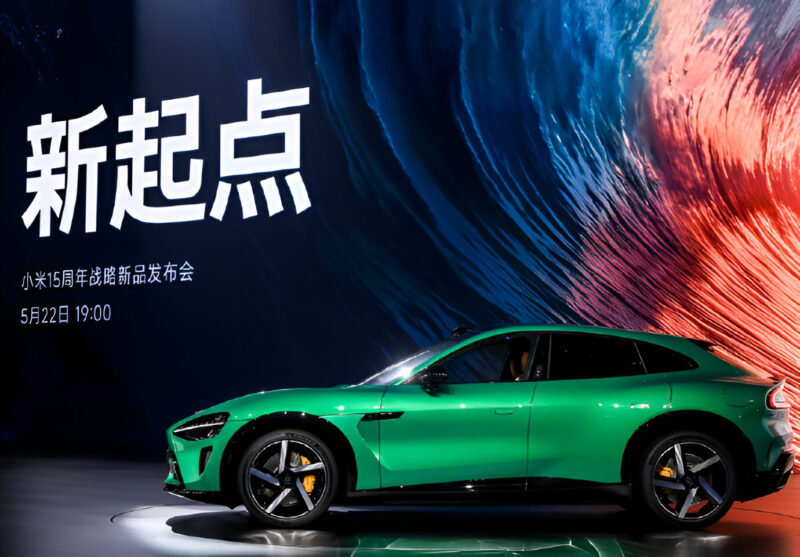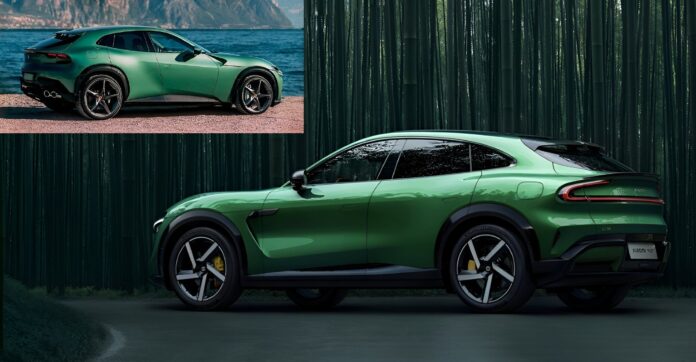Xiaomi’s newest electric SUV, the YU7, has reignited debate over design originality in China’s social media—an issue that also surrounded its earlier SU7 sedan. The latest controversy was sparked by a post from Ai Tiecheng, former head of Nio’s sub-brand Onvo, who wrote on Weibo, “Entrepreneurs and consumers should support originality.” Though Ai later claimed his comment was not directed at the auto sector, many took it as a pointed critique of Xiaomi’s design strategy.
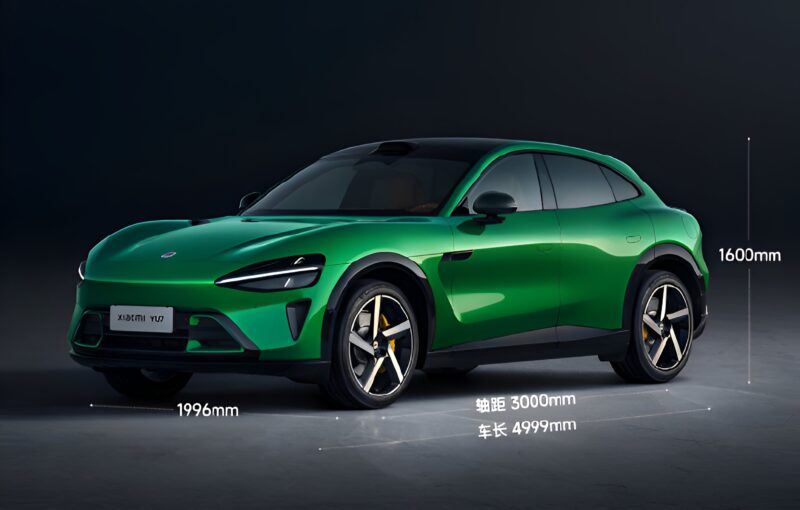
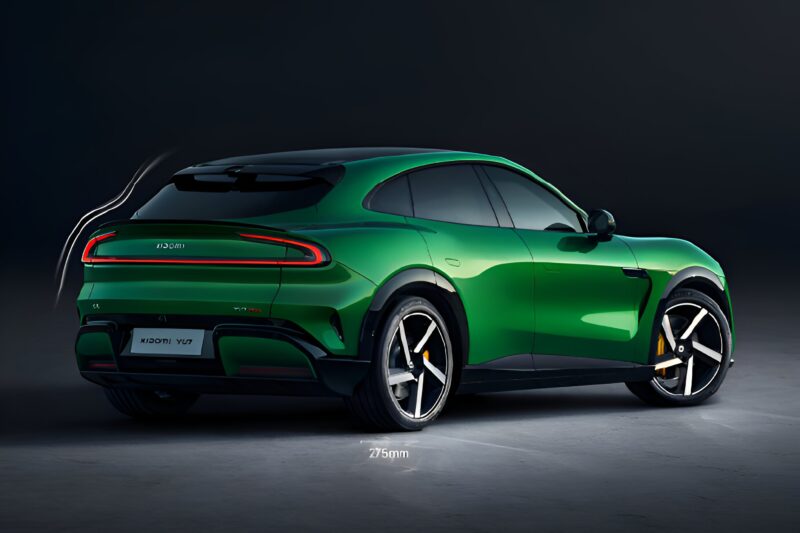
Ai has recently positioned himself as a proponent of homegrown innovation, stating earlier this month that “companies built on imitation won’t achieve longevity.” These remarks and his past praise for Nio’s design efforts have led many to speculate that he was alluding to Xiaomi’s vehicles, which have frequently drawn comparisons to high-end global models.
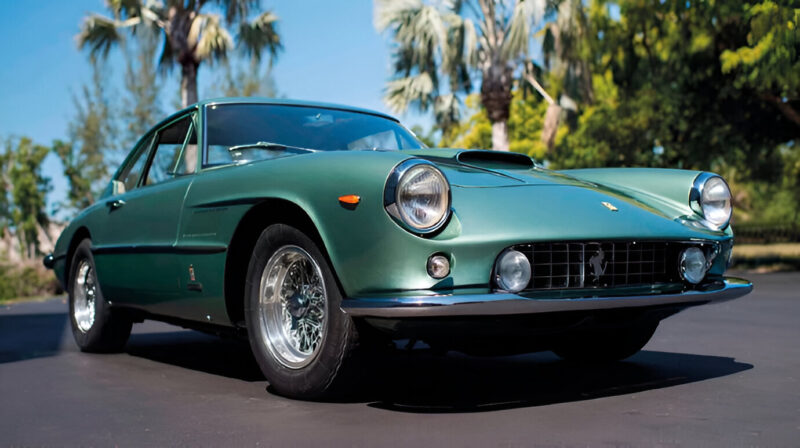
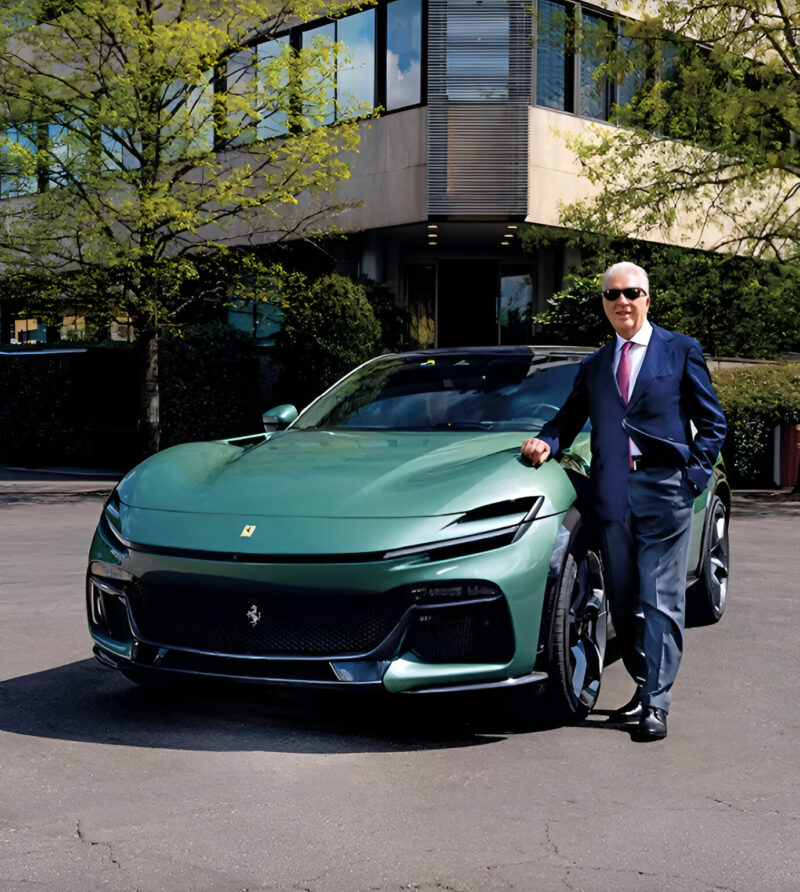
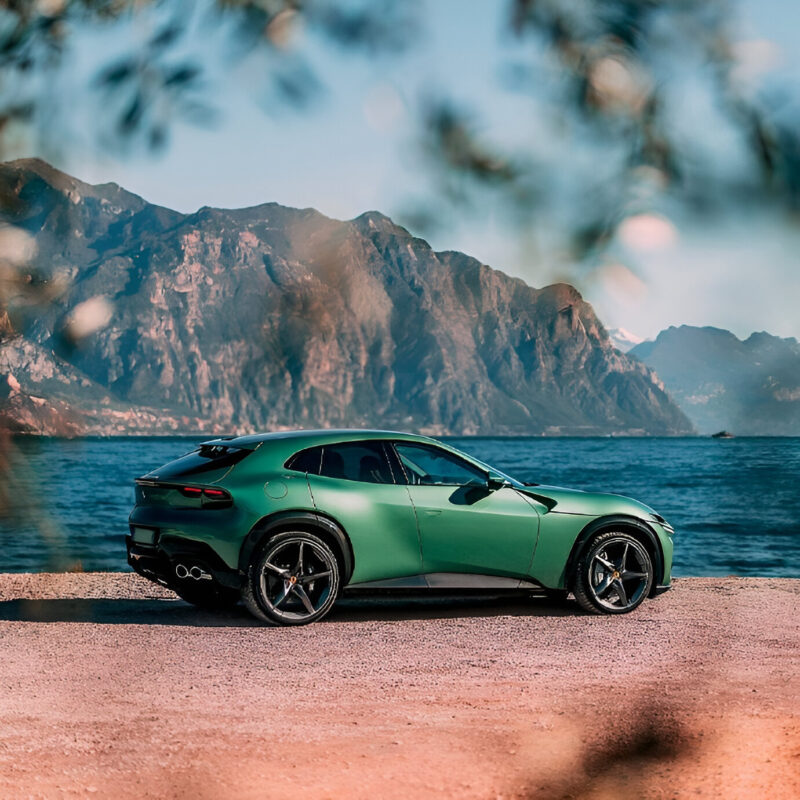
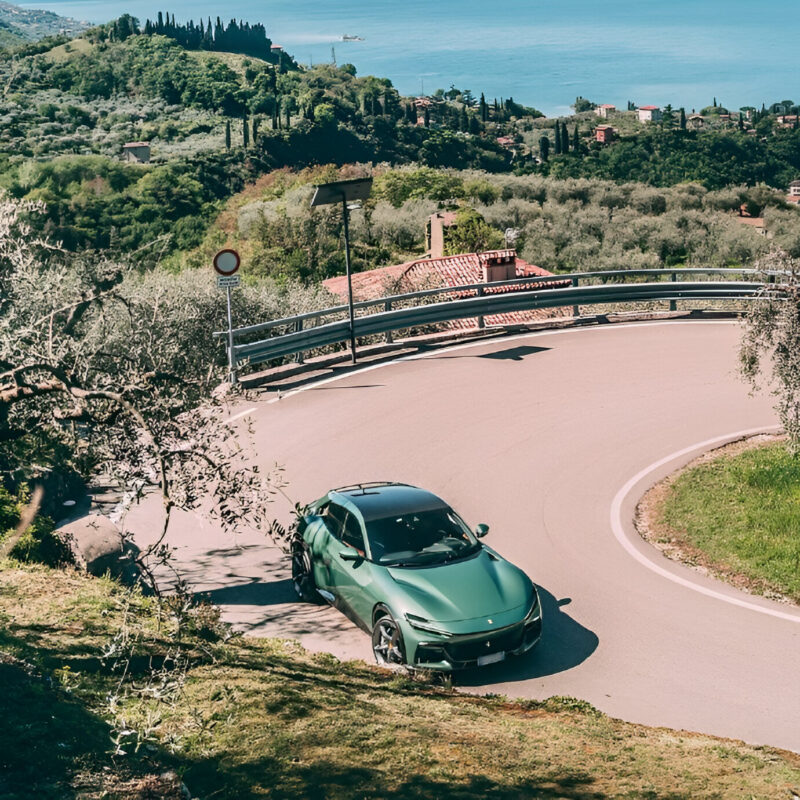
The debate intensified when Ferrari China showcased its Purosangue SUV in Verde Dora green on their official Weibo account, a classic colour selected by Enzo Ferrari six decades ago. At the same time, Xiaomi unveiled its YU7 in a strikingly similar emerald hue. While Xiaomi CEO Lei Jun clarified that Colombian emeralds inspired the colour, netizens were quick to nickname the YU7 “Ferrari Mi”—a nod to the earlier “Porsche Mi” nickname for the SU7 sedan.
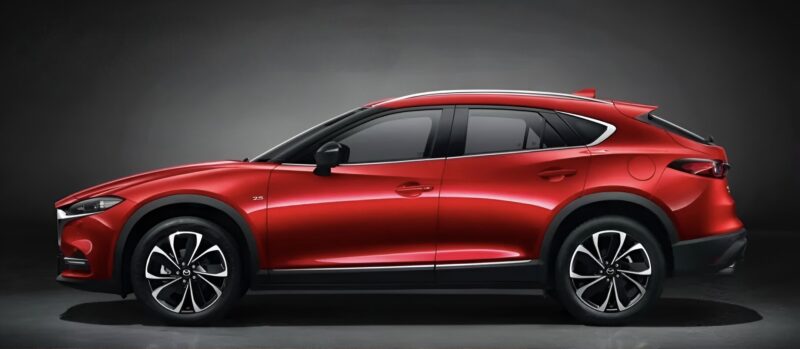
The visual similarities sparked a wave of online humour, with some netizens jokingly thanking Lei Jun for “bringing Ferrari to the masses.” Others pointed out that the controversy had unexpectedly boosted Ferrari’s visibility. The Purosangue has gone viral in China, ranking just behind the Xiaomi YU7, Deepal S09, and Xiaomi SU7 in online popularity.
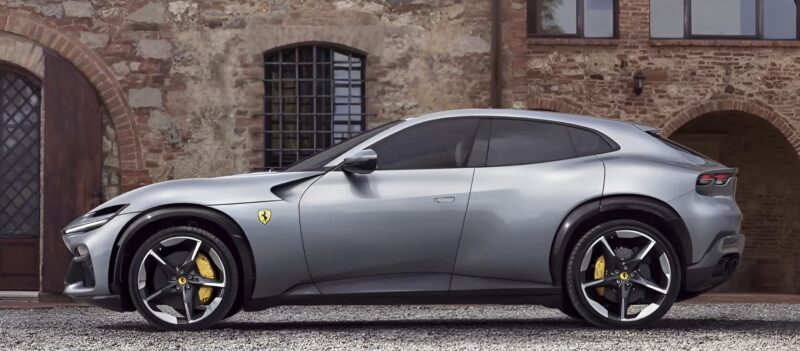
Adding another layer to the conversation, some Chinese netizens pointed out that the Ferrari Purosangue shares notable design similarities with Mazda CX-4 (2016). Meanwhile, Toyota’s Crown Sport has often been dubbed the “Japanese Ferrari” for its styling. These comparisons led to playful speculation online that Mazda might be the real stylistic originator behind today’s sporty EV trends.
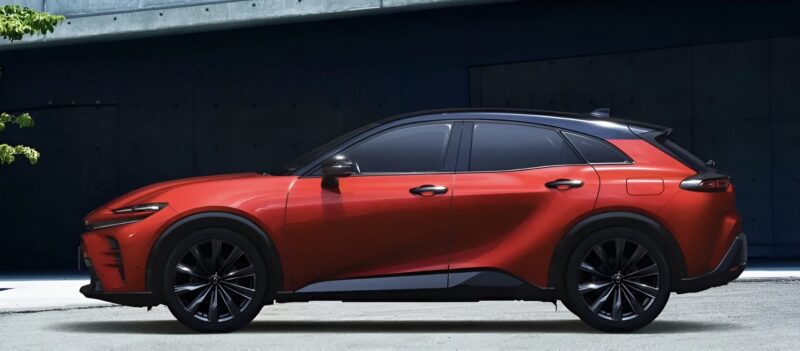
This isn’t Xiaomi’s first encounter with design comparisons. When the SU7 drew parallels to Porsche’s Taycan, Porsche China’s CEO offered a diplomatic response about great minds thinking alike. Lei Jun has consistently maintained that Xiaomi’s designs are wholly original, carefully considering each element.
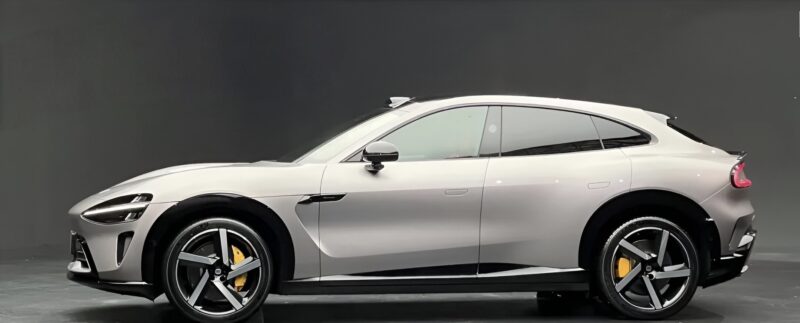
Despite criticism, the SU7 achieved strong sales, outperforming the Tesla Model 3 and BYD Han in China’s premium EV segment. Lei Jun announced that Xiaomi has delivered over 258,000 units of the SU7 during the company’s 15th anniversary event. Now, the spotlight is on the YU7. Whether the “Ferrari Mi” label enhances or complicates its market reception remains to be seen.
